Your toddler needs to feel and be safe in your home. You can take care of a few parts of your home to make sure that you feel confident and happy your little one can explore in complete safety. Find out what an expert suggests might help you manage the safety of your home. Here’s a quickstart guide to safety ideas you might want to use in your home.
Jump to a section in this article
Kitchen
- By around a year old, kids can open containers so keep chemicals, medicines and cleaning products including liquitabs above child height.
- Fit short power leads on kettles and other appliances.
- Use the back burners of your hob, turning pan handles away from the edge.
- Keep a fire extinguisher handy.
- Always unplug the iron and put it safely out of reach whilst it cools.
- Always store all plastic bags and nappy sacks out of reach to avoid suffocation.
- Keep hot drinks well away from little hands and don't reach over your tot's head to get a hot drink.
- Restrict the jobs you give your child to their age and ability. Little hands can mix dough perfectly, whilst older kids can peel and chop vegetables.
- Mop up spills right away.
- Avoid using tablecloths and mats which can be pulled off tables and work surfaces.
Hall and stairs
- Fit a child safety gate at both the top and bottom of the stairs. You can also fit one to keep toddlers out of rooms such as the kitchen.
- Avoid accidents by keeping these areas well lit and free from toys and clutter.
- Make sure bannisters are firmly fixed to the wall and steady all the way up.
- Check that stair carpets are fitted securely.
- Always hold onto the bannister when carrying your tot upstairs.
- Never leave the front door open - your toddler can easily run out onto the road.
Living room
- Put a sturdy fireguard in front of every fire and always unplug an electric fire from the socket when not in use.
- Keep curtains tied back away from fires. If you have pull cords for curtains or blinds, cut any loops and remove excess cord so they’re way out of a child’s reach. There are lots of retailers who also make child safe blinds and curtain pulls.
- Avoiding trailing wires across floors as these can cause young children to trip and fall.
- Check that appliances are in good working order replacing cracked plugs and worn cables.
- Keep matches and lighters well out of reach along with any breakable items.
- Make sure low cupboards and drawers are fitted with child-proof locks.
- Ensure shelves and wall mounted TVs are fitted securely.
- Keep sewing kits, scissors and knitting needles locked away.
- Keep all drinks, especially alcohol and medicines out of reach.
- Never leave cigarette ends in the ashtray. Never smoke in the same room as your child. Even smoking outside still carries a risk for passive smoking, so the best way to protect your family from the effects of second-hand smoke is to stop smoking. We know how tough it can be, so there’s a helpful website you can visit if you’re keen to find help with stopping smoking – visit quityourway.scot for more information on the benefits of stopping, plus links to lots of support.
- Button batteries, particularly powerful lithium coin cell batteries about the size of a 5p piece, can be deadly if your child swallows one. So if you have any batteries in your home lying spare, or dead, make sure they’re out of reach of inquisitive little fingers. You can find out more on the RoSPA website and CAPT’s button battery advice hub.
Bedroom
- Always unplug heated styling irons and keep them out of reach until they are cool.
- Keep cosmetics, perfumes, aftershaves and medicines out of reach.
- Candles should not be left unattended and should always be placed out of a child's reach.
- Unplug your phone charger when you are finished with it and avoid keeping it on overnight.
- Check your bathroom for potentially dangerous objects and remove sharp utensils and any electrical appliances. Scissors, hair straighteners and hairdryers are better kept in your bedroom or locked in a cupboard well out of your child's reach.
Bathroom
- Lower the hot water temperature on your boiler thermostat.
- Use containers with child resistant tops but be aware that a clever toddler could undo them, so it’s a good idea to also keep them in a high-level place out of your wee one’s reach.
- Never leave your child alone in the bathroom.
- Cover hot towel rails with a towel.
- Never take electrical appliances into the bathroom.
- Keep cosmetics, medicines, mouthwash, shaving razors and cleaning materials locked away in a high- level cabinet. Did you know that mouthwash can contain more alcohol than wine.
- Always take old medicines back to the pharmacist for safe disposal.
- Install a hook-and-eye lock high up on the outside of the door and keep it latched when you're not using the bathroom. Make sure you always leave the toilet seat down to prevent access to the water, too.
Out and About
- Make sure all balconies, fences and gates are secure with no gaps which a child can squeeze through.
- Always supervise kids near water. If you or a neighbour have a pond or pool, make sure it's fenced off.
- Keep kids out of the way when you are mowing the lawn or doing DIY in the home or garden.
- Site bonfires and barbeques away from fences, sheds and trees and supervise kids at all times.
- Lock away tools and chemicals.
- Teach your wee one not to eat any berries or plants.
- Stay aware of your child's movements at all times, and be particularly alert to the risk of them suddenly wandering off.
- Ensure they are safely strapped into a five-point harness in the buggy.
- Teach your child about road safety and the dangers of traffic.
In the car
- By law you must ensure that all children are secured in an appropriate car seat. See RoSPA's Child Car Seats website for further information.
- Babies and young children should never be left alone inside a vehicle, even when the engine is turned off.
- Never leave the keys in the ignition when you get out of the car and car keys should be stored in a safe place in the home, out of the reach of children.
Our page on staying safe when you're out and about has more tips on road safety and safety in the car.
 Activities & Play
Activities & Play Behaviour
Behaviour Childcare
Childcare Development & Growing Up
Development & Growing Up Family, Friends & Relationships
Family, Friends & Relationships Feeding Your Baby
Feeding Your Baby Food & Eating
Food & Eating Health & Safety
Health & Safety Mental Health & Wellbeing
Mental Health & Wellbeing Money & Work
Money & Work Online Behaviour & Safety
Online Behaviour & Safety Pregnancy & First Days
Pregnancy & First Days School & Education
School & Education Sleep
Sleep

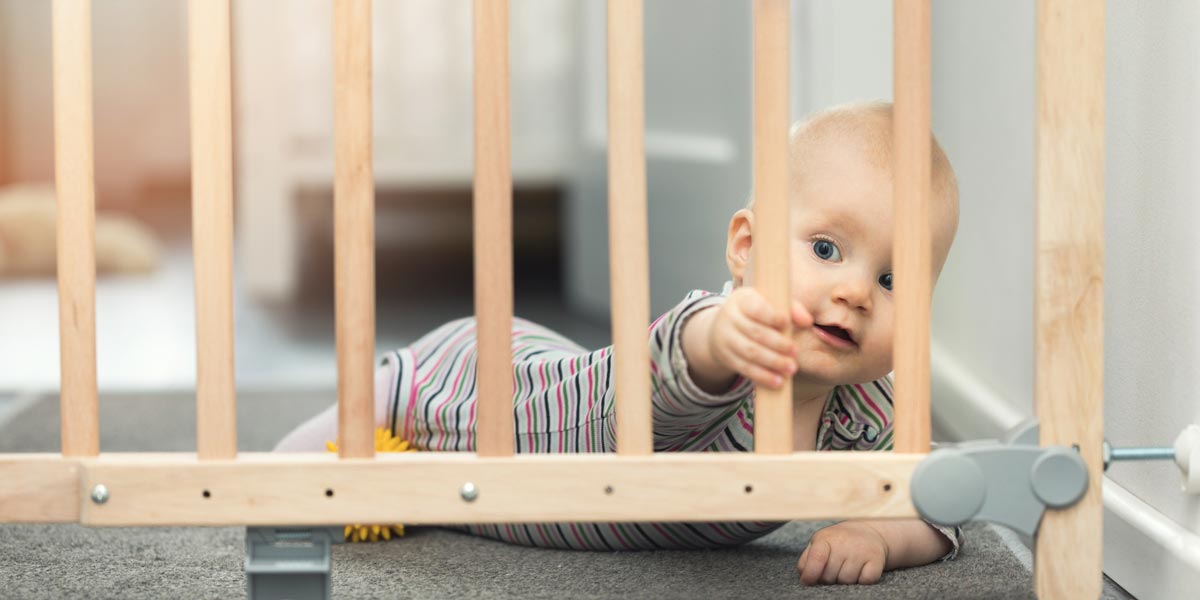

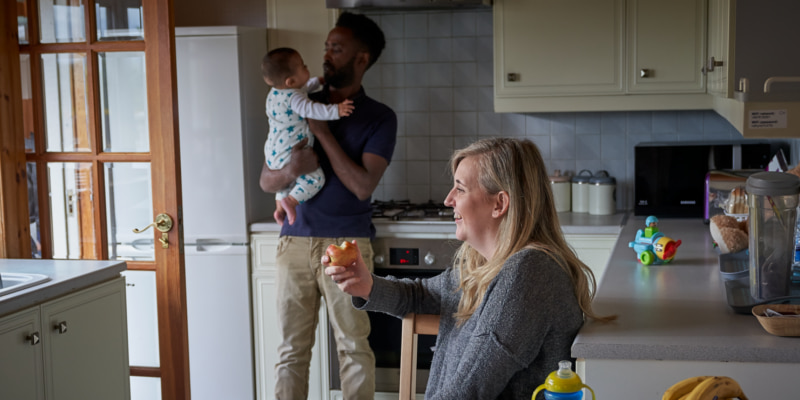
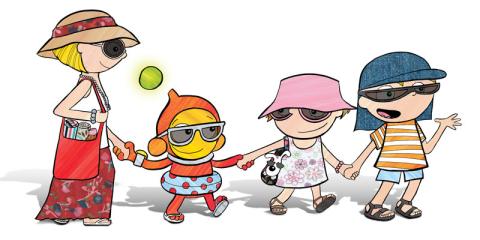
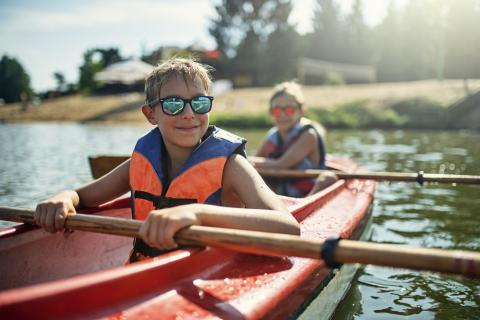
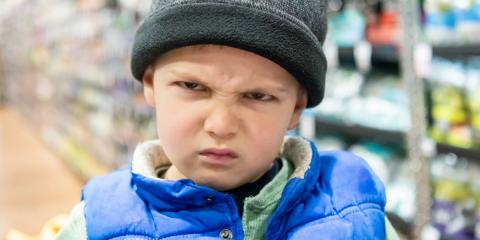
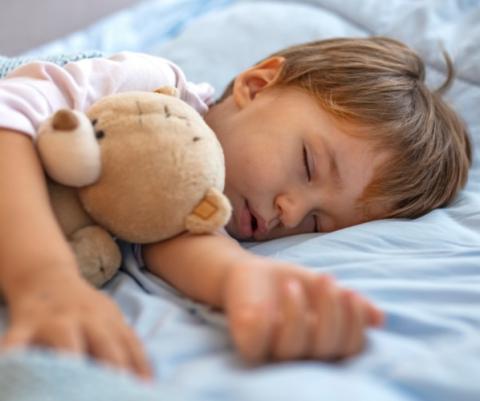
 Mental Health & Wellbeing
Mental Health & Wellbeing
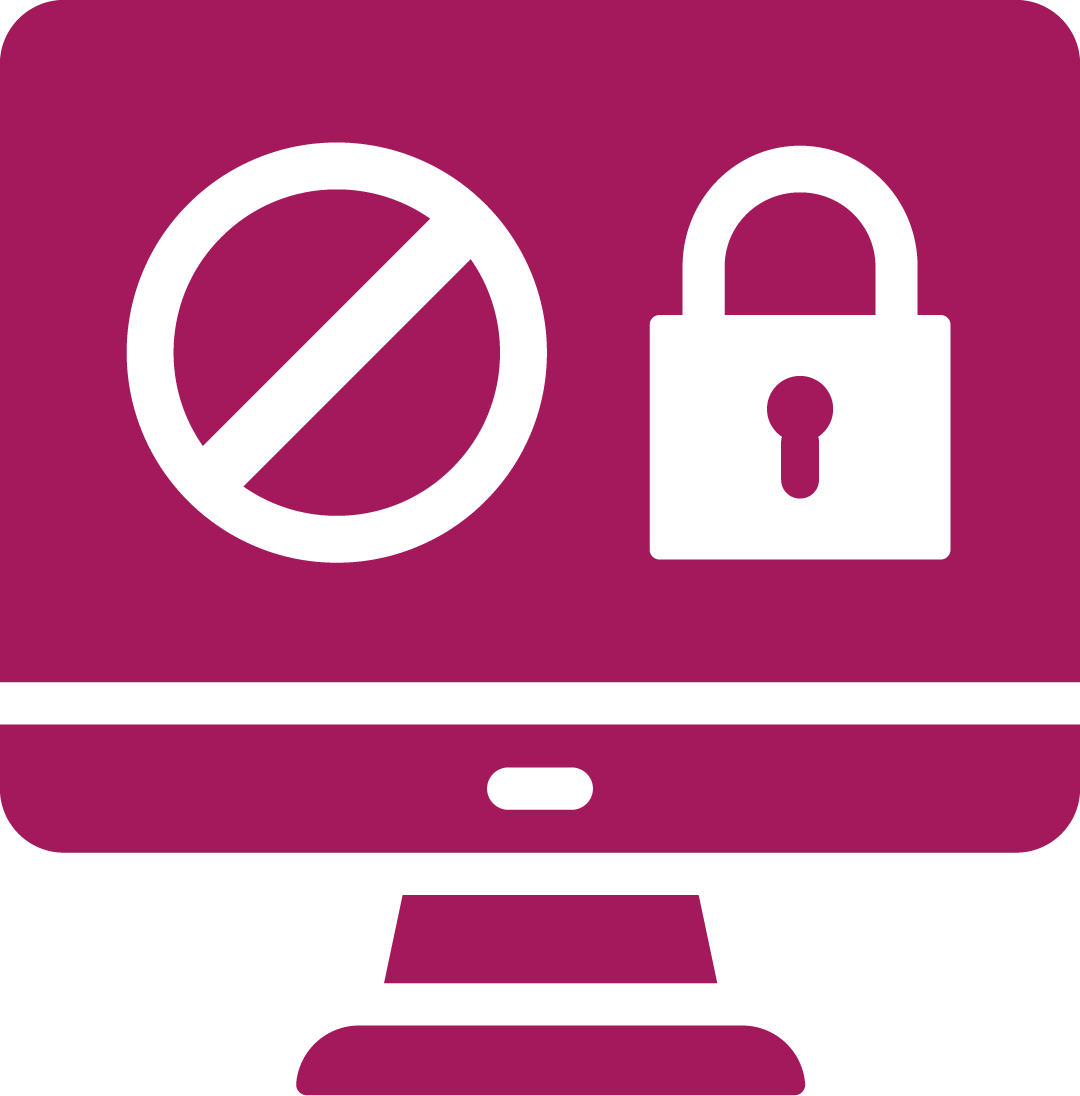 Online Behaviour & Safety
Online Behaviour & Safety